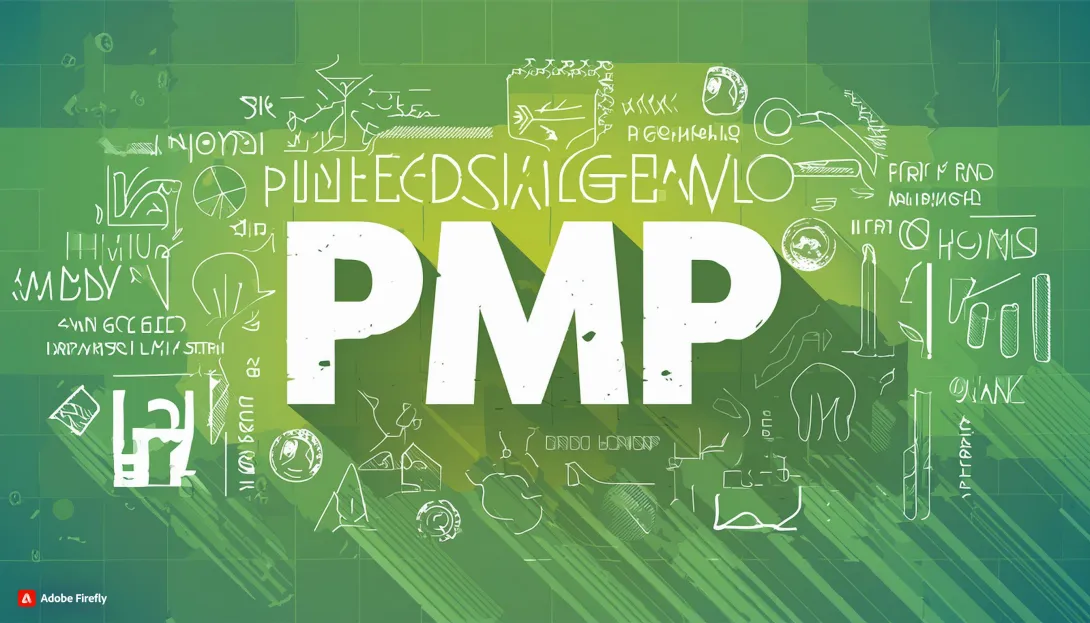BeSkillWise
3 July 2024

PMP Certification Exam Syllabus (PMBOK Guide 7th Edition)
To clear the Project Management Professional (PMP) certification, you need to understand the exam syllabus and prepare accordingly. The PMP exam is based on the Project Management Body of Knowledge (PMBOK) Guide, currently in its 7th edition. Here’s the complete syllabus broken down chapter-wise based on the PMBOK Guide 7th edition:
1. Introduction
- Overview of PMP Certification
- PMP Certification Exam Format
- Exam Preparation Strategies
2. Foundational Elements
- Project Management Definitions
- Project Management Context
3. Environment
- Organizational Structures
- Governance Frameworks
- Project Management Office (PMO)
4. Role of the Project Manager
- Project Manager Competencies
- Project Manager Responsibilities
- Leadership vs. Management
5. Integration Management
- Project Integration Management Processes
- Project Charter
- Project Management Plan Development and Execution
6. Scope Management
- Project Scope Management Processes
- Requirements Gathering and Documentation
- Scope Verification and Control
7. Schedule Management
- Project Schedule Management Processes
- Activity Definition and Sequencing
- Schedule Development and Control Techniques
8. Cost Management
- Project Cost Management Processes
- Cost Estimation Techniques
- Budgeting and Cost Control
9. Quality Management
- Project Quality Management Processes
- Quality Planning and Assurance
- Quality Control Tools and Techniques
10. Resource Management
- Project Resource Management Processes
- Resource Planning and Acquisition
- Team Development and Management
11. Communications Management
- Project Communications Management Processes
- Communications Planning and Distribution
- Performance Reporting and Stakeholder Engagement
12. Risk Management
- Project Risk Management Processes
- Risk Identification, Analysis, and Response Planning
- Risk Monitoring and Control
13. Procurement Management
- Project Procurement Management Processes
- Procurement Planning and Contracting
- Procurement Administration and Closure
14. Stakeholder Management
- Project Stakeholder Management Processes
- Stakeholder Identification and Analysis
- Stakeholder Engagement and Communication
15. Ethics and Professional Conduct
- PMI Code of Ethics and Professional Conduct
- Ethical Decision-Making
Exam Preparation Tips:
- Study Material: Use the PMBOK Guide as the primary study resource. Additionally, consider PMP exam prep books, online courses, and practice tests.
- Practice Questions: Solve plenty of practice questions to understand the exam format and improve time management.
- Join Study Groups: Participate in PMP study groups or forums to discuss concepts and clarify doubts.
- Mock Exams: Take full-length mock exams to simulate the actual exam environment and identify weak areas for improvement.
By thoroughly covering each chapter of the PMBOK Guide and practicing extensively, you can prepare effectively to clear the PMP certification exam.
Related Blogs
Essential Guide to Becoming a Delivery Manager or Project Manager
BeSkillWise 1 July 2024Become a Delivery Manager or Project Manager: Skills, Experience, and Certifications
Delivery Manager
Skills and Qualifications
- Leadership and Management Skills: Ability to oversee teams and projects, ensuring delivery aligns with client expectations and organizational goals.
- Communication: Effective communication with stakeholders, clients, and team members to manage expectations and resolve issues.
- Strategic Thinking: Ability to develop and execute de
Courses
AWS Interview Essentials: Mastering Tips, Concepts, and Architecture
BeSkillWise 27 June 2024Mastering AWS: Key Concepts, Tips, and Tricks for Premium Company Interviews
Navigating an AWS interview at a top-tier company can be daunting, but with the right preparation, you can approach it with confidence. Below are fundamental concepts, tips, tricks, and architectural knowledge that will help you stand out.
Courses
